Declaring Indian Ocean Nuclear free zone
 Photo: FILE
Photo: FILEAdvisor to the Prime Minister on Foreign Affairs Sartaj Aziz on Tuesday informed Senate that Pakistan was not oblivious to its defense requirements and was upgrading its capabilities through suitable technologies without entering into arms race.
Winding up a debate on an adjournment motion moved by Javed Abbasi of ruling Pakistan Muslim League-Nawaz (PML-N) over the recent Indian test fire of supersonic Interceptor missile, he made it clear that Pakistan's efforts for peace must not be taken as a weakness.
"We are fully capable to defend our people and territory," he said, adding that Pakistani scientists and experts constantly monitored and evaluated the strategic threats that Indian nuclear doctrine posed to Pakistan's security. "Despite limited resources, Pakistan had developed a robust nuclear deterrent system whose safety and security was acknowledged by the world," he maintained.
On the diplomatic front, Aziz added, Pakistan was planning to highlight the dangerous implications of India's plan to nuclearize the Indian Ocean at all the relevant international fora. One specific proposal under consideration was to move resolution in the next session of the UN General Assembly to declare the Indian Ocean nuclear free zone. He said that Pakistan would approach other countries as well to co-sponsor this resolution.
This, he said, would be an important initiative. About the Nuclear Suppliers Group membership, they added, Pakistan had undertaken a proactive diplomatic offensive in all the member countries of the group. "Our efforts towards non discriminatory approach will pay off," he maintained.
Aziz said that Pakistan's lobbying in the United States was quite active, adding that we have short listed lobbying firms and our missions are also very active to protect the country's interests.
Abbasi said India had conducted a test of intercept missile on May 15 which would start arm race in the South Asia. Pakistan, he recalled, had to conduct nuclear tests in 1998 after India conducted tests.
He said Pakistan did not want to enter in arms race but it would disturb balance of power in the region, adding the national institutions were doing their jobs but it was an issue of immense importance.
Mushahid Hussain Sayed of Pakistan Muslim League-Quaid (PML-Q) said that it was an important issue as India was trying to become a member of the Nuclear Supplier Group (NSG).
Senator Farhatullah Babar of Pakistan People's Party (PPP) said that arms race in the region will benefit no one, adding the policy of supporting non state actors for the advancement of certain security objectives has also spurred arms race in the region.
He called for an honest review of the security and defence policies. "The civilian and political leadership must wake up and retrieve the space in formulating security policies already dangerously ceded to the security establishment," he added.
Source: Business Recorder


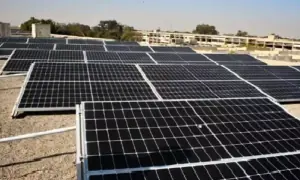
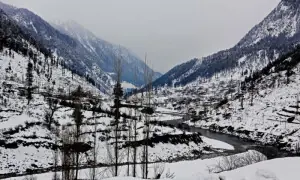


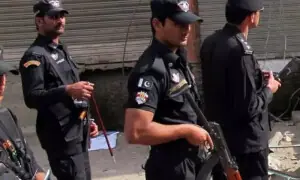


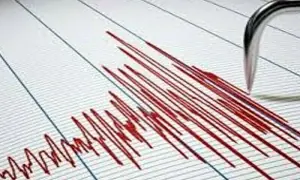
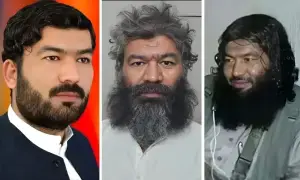
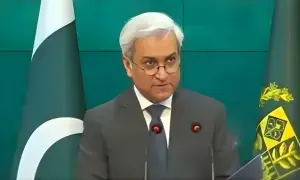
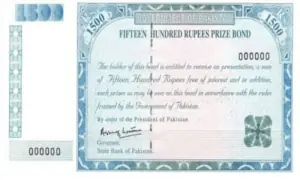
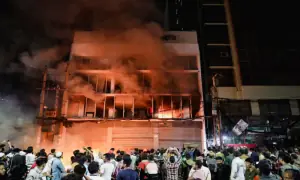

Comments are closed on this story.